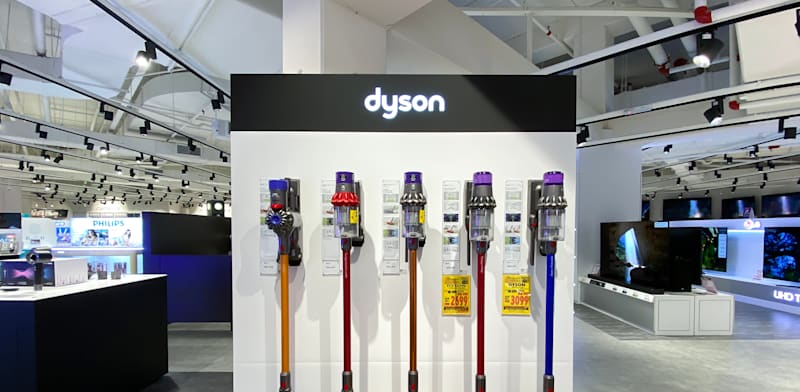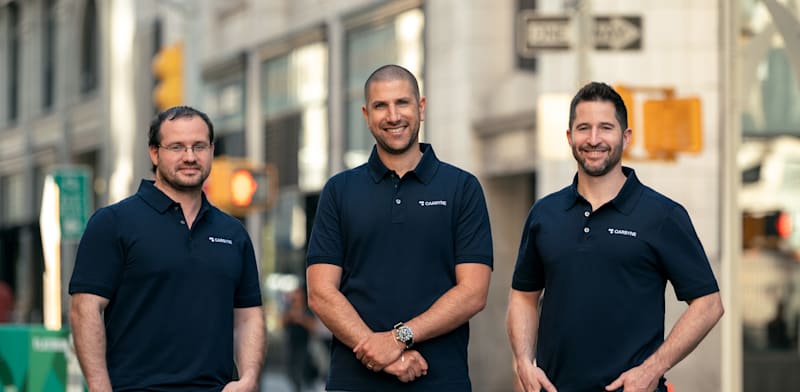The ultra-wealthy and fresh-faced graduates have one thing in common: After moving to the suburbs and on the coast for better work-life balance during the pandemic, they’re now flocking back to the city.
“We see wealthy people have been buying back into cities because they miss them—they miss the action,” The Corcoran Group CEO Pamela Liebman told Fortune, adding that “young people who also relocated have come back” to New York City. The obvious conclusion is that their employers have told them to.
Since last year, after Amazon launched its seismic 5-day mandate, corporate America has increasingly begun insisting that employees return to headquarters (or quit).
But Liebman insists that the decision to move back into major metropolitan hubs like Manhattan has less to do with RTO and more to do with a fear of being left behind in an uncertain job market.
“With some of these mandates, they are forcing some people to come back. But if you’re at the top of the heap, you sort of can work where you want, so you don’t necessarily have to come back,” the 63-year-old CEO with a 40+ year career in real estate said.
“Another thing I’ll tell you is that if you lose your job in New York City, it’s easier to find another one than if you lose your job in Palm Beach,” Liebman added. “So some people are concerned that they’re not going to stay in the same place forever—and when they think about their work trajectory, they sometimes think, let’s go where the real center of power is.”
Young millennials and Gen Z are following the same career hub logic
It’s not just seasoned executives snapping up pied-à-terres again. Liebman says Gen Z and young millennial workers are also returning to the city for proximity to opportunity.
With unemployment rising, the CEO explained that young people are hedging their bets on where they’re most likely to stumble on their next job—or boss.
“They want that life in their 20s where there’s a lot of action and where they can meet people, friends, partners,” Liebman said. But the reality is that they’re leaving school only to be met with a stale labor market as employers launch a “wait-and-watch strategy” in the midst of AI. Entry-level roles are becoming harder to come at major city-based employers, let alone on the outskirts.
“They’re not going to find that huge level of friendship and building blocks for your future life in some of these smaller, remote places, which were amazing for Covid but not amazing for the rest of your life,” added.
Now, those who relocated during the pandemic are having buyers-remorse; And those who planned to relocate this year are reconsidering.
“We were in charge of helping relocate from somewhere in the United States to Miami,” Liebman said. “A lot of the people would not come here—the younger people just starting their careers—because they were extremely fearful that if they lost their job, there would not be enough of a cushion, enough of a huge job market for them to fall back into, like in New York.”
The shift marks the end of the pandemic’s geographic free-for-all. Reality has hit: The fantasy of flexible living and a slower pace of life has collided with the fear of job insecurity in an economy defined by high prices, fierce competition, and a shrinking sense of stability. This experience has been a reminder that when things turn sour, it’s safer to be in a city.
“It’s no longer a pandemic, let’s have fun here for a couple months, which turned into maybe a year or two,” she added. “Before people make these big decisions on relocation, they make sure now that this is good for the long term.”























